
Articles
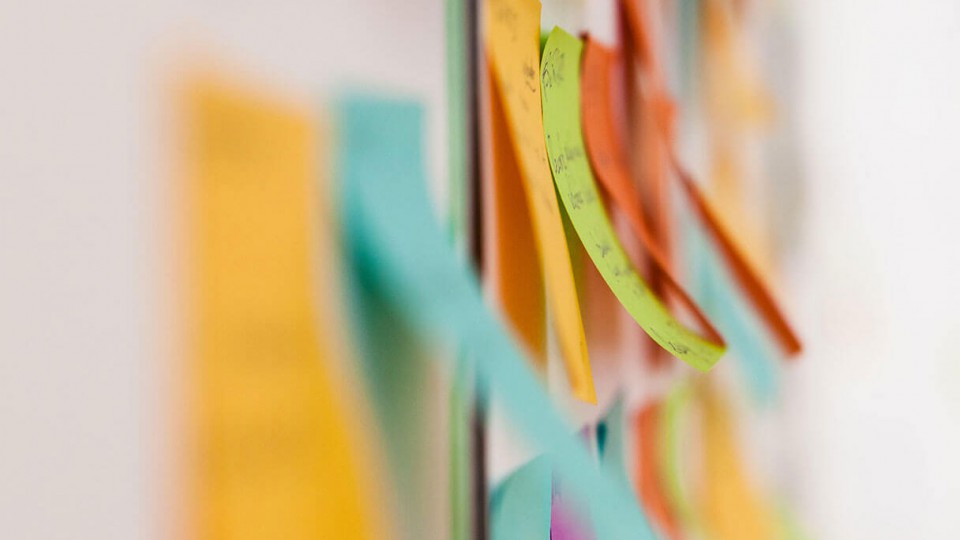
OofSI hiring process case study
Listen to this audio case study about the hiring process used in the Office of Scholarship and Innovation. Together with the accompanying reflection questions, use this case study to consider how Principled Innovation can be integrated into a team’s regular operations and interactions.

Responses to The UNESCO report, “Reimagining our futures together: A new social contract for education”
Faculty, researchers, and students from the MLFTC community contribute their own thoughts and reactions towards the recently released UNESCO report Reimagining our futures together: A new social contract for education, pausing to reflect and imagine the future within their areas of research and practice.
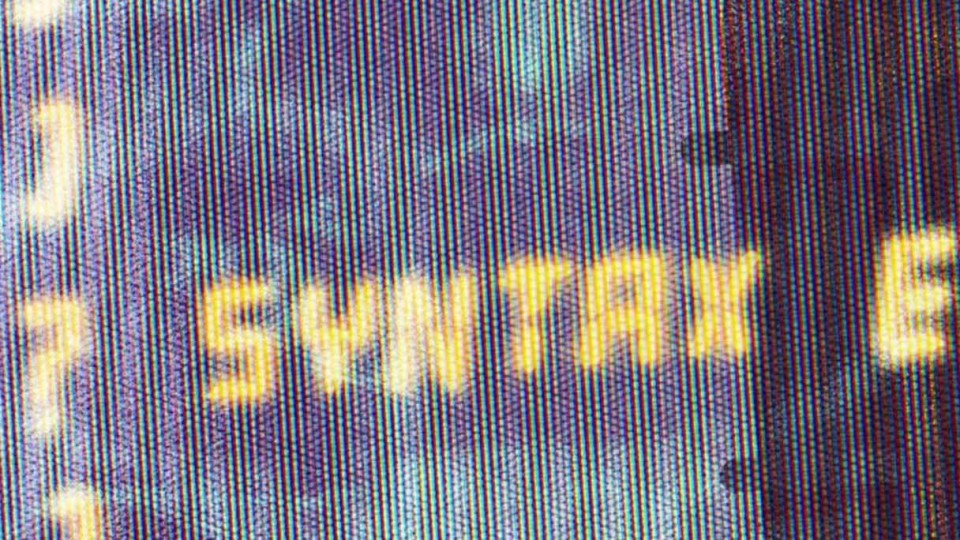
“Just How Much of Higher Education Can Be Automated?” by Katina Michael
This essay by Dr. Katina Michael further examines the looming and ongoing automation of education around the world and the dangers of removing humans from the learning process. This response is a part of the Learning Futures series by Future Tense Fiction.
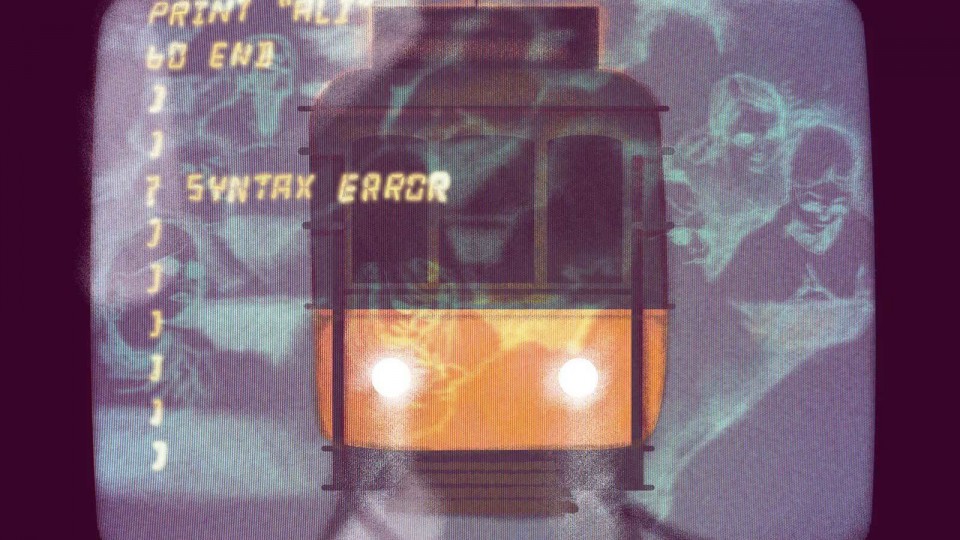
“The Trolley Solution” by Shiv Ramdas
This short story by Shiv Ramdas is the third in the Learning Futures series by Future Tense Fiction in which a university professor competes with an educational Artificial Intelligence to see who is the better teacher and what larger social ramifications come about when higher education administration looks to cut costs.

“Hyenas, human exceptionalism and hubris” by Simon Brown
Author Simon Brown shares some thoughts and ideas behind his science fiction piece “Speaker”, winner of the 2020 Sapiens Plurum short fiction contest and opening story in the Future Tense Fiction: Learning Futures series.

“The Conundrum of Information Scarcity in a Time of Information Overload” by Andrea K. Thomer
This essay by Dr. Andrea K. Thomer takes a closer look into “The Void” by Leigh Alexander and investigates the limits of data science and who these systems truly serve. This response is a part of the Learning Futures series by Future Tense Fiction.

“The Void” by Leigh Alexander
This short story by Leigh Alexander is the second in the Learning Futures series by Future Tense Fiction that shows a woman’s experience navigating digital learning and the limits of equity and information in a not so distant future.

Thoughts on education amid the climate crisis with Iveta Silova
Read a series of blog posts in which MLFTC professors Iveta Silova and Gustavo Fischman and colleagues discuss the often overlooked role that education can play in fighting against climate change. They also look at the links between a country’s culture and its response to the Covid-19 pandemic and climate change.

“Learning to become with the world: education for future survival” by Common Worlds Research Collective
This paper calls for education to be reimagined and reconfigured around the future survival of the planet. Written by a group of scholars including MLFTC professor Iveta Silova, for the UNESCO Futures of Education Initiative. Read an interview with Dr. Silova about this project.

“Speaker” by Simon Brown
This short story by Simon Brown is the first in the Learning Futures series by Future Tense Fiction that explores how learning experiences of all kinds will be shaped by technology and other forces.

“If nonhumans can speak, will humans learn to listen?” by Iveta Silova
This essay by Dr. Iveta Silova takes a closer look into “Speaker” by Simon Brown and questions human ethics in nonhuman interactions. This response is a part of the Learning Futures series by Future Tense Fiction.
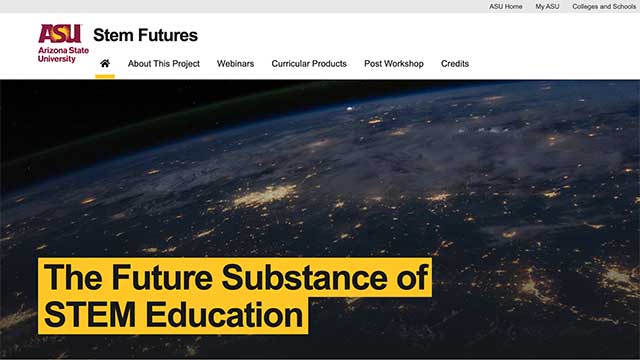
STEM-futures.org website
This website is an archive of the work completed as part of the NSF funded, Future Substance of STEM Education (STEM Futures) project.The heart of the STEM Futures project was a week-long virtual design-studio workshop experience for faculty in STEM disciplines to collaboratively develop new programs and curriculum materials.

Principled Innovation design process
Explore our model for design thinking as principled innovators. See a visual representation of our design process, which aims to capture the complexity of people-first design, paired with descriptions of each component. This framework is a good place to start before diving into our collection of Designing for Learning Futures resources.
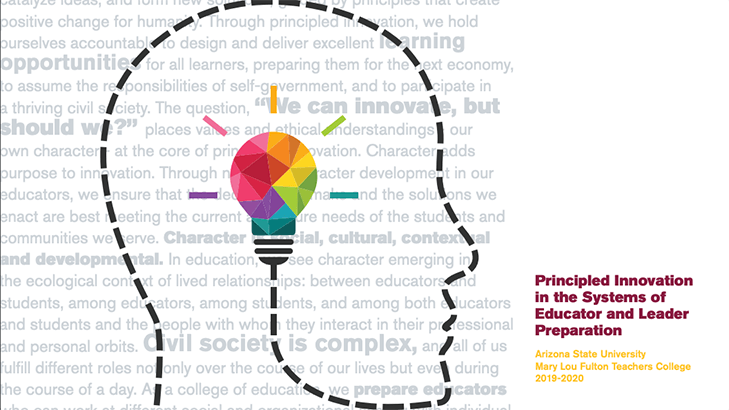
Framework for Principled Innovation in the Systems of Educator and Leader Preparation
Principled Innovation is the ability to imagine new concepts, catalyze ideas and form new solutions, guided by principles that create positive change for humanity. It means asking ourselves the question, “We can innovate, but should we?” This places values and ethical understandings — our own character — at the core of any innovative idea, decision or solution we might pursue. Read our framework document for a deeper understanding.

Designing learning futures through reflective practice: parts 1 and 2
Read two blog posts in which Dr. Punya Mishra and Cristy Guleserian reflect on bringing principled innovation (PI) practices to designing learning futures. The first post focuses on the need for designing learning futures, and how the practices of PI connect with our model of design. We end with a preliminary series of reflective questions that could guide our work. The second post dives deeper into how the connection between the practices of PI and our model of design. In particular we seek to answer reflective questions in the context of our design model.